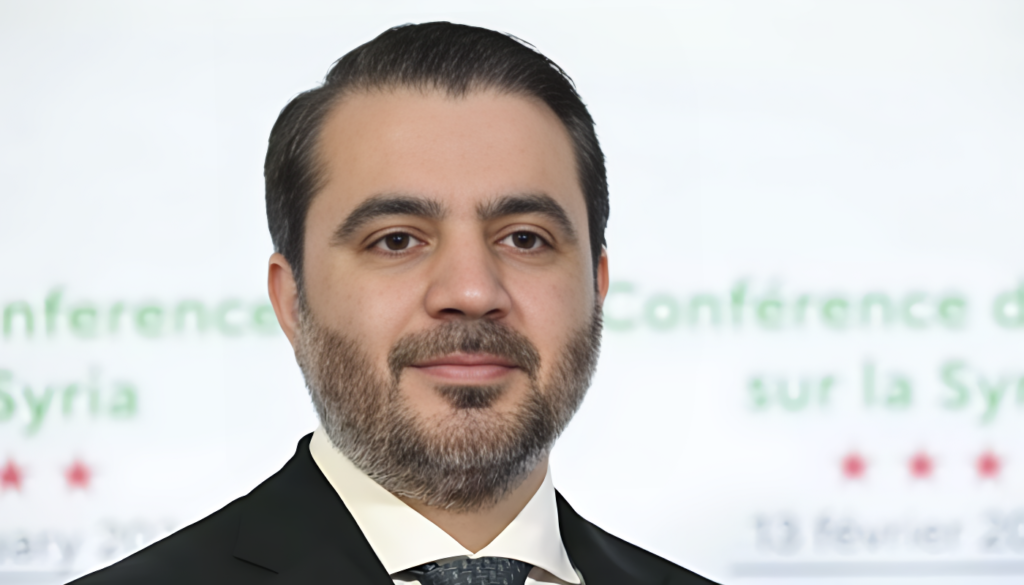
Syria’s Foreign Minister Asaad Al-Shibani will attend an EU conference in Brussels on Monday, marking a significant moment in Syria’s transition after the fall of Bashar al-Assad’s regime. This event will be the first major international conference since Syria’s interim government was sworn in following the collapse of the Assad government in December 2024. High-level officials, including European Commission President Ursula von der Leyen and EU foreign policy chief Kaja Kallas, are expected to join the discussions.
The conference will address Syria’s political shift, economic recovery, and reconstruction efforts after 14 years of devastating civil war. The EU aims to unveil additional financial support for Syria’s transition, focusing on its economic stability and rebuilding key infrastructure. There are also talks on the potential involvement of the European Investment Bank (EIB) in Syria’s reconstruction.
EU’s Support for Syria’s Economic Recovery and Transition
In a bid to support Syria’s recovery, the EU has lifted sanctions on essential sectors like energy, transport, and finance. This move is part of a broader effort to assist Syria’s transition towards a stable government and rebuild the economy. Recently, Syria’s interim government reached a significant agreement with the Kurdish-led Syrian Democratic Forces (SDF) to integrate forces in the country’s northeast, a region rich in resources.
However, the EU’s optimism has been dampened by recent sectarian violence in the coastal regions of Latakia and Tartus. These areas, strongholds of the Alawite community loyal to the former Assad regime, have seen violent outbreaks that resulted in over 1,000 deaths in March 2025. This unrest has highlighted the fragility of Syria’s transition and the ongoing challenges facing the country.
Sectarian Violence Threatens Syria’s Stability
The recent sectarian violence in Latakia and Tartus has raised serious concerns within the EU, with Kaja Kallas stating that Syria’s future is “hanging by a thread.” The interim government, led by President Ahmed al-Sharaa, has vowed to launch an independent investigation into the killings, but the EU has urged a transparent and impartial probe.
Despite these setbacks, the EU remains committed to supporting Syria’s transition. The bloc is expected to announce further financial assistance, possibly matching the €2.12 billion pledged last year. As sanctions are lifted, European companies are exploring investment opportunities in Syria, with potential additional support from Gulf states like Qatar, which has already begun supplying natural gas to Syria to address its energy shortages.
Syria’s Diaspora and the Future of Return
The EU is also exploring ways to support Syria’s diaspora. According to a recent UNHCR survey, 27% of Syrian refugees in Europe now express interest in returning home. The EU has discussed the idea of offering “go-and-see” visits to allow refugees to assess the situation in Syria without losing their protected status.
As international and regional stakeholders continue to support Syria’s transition, the EU is keen to ensure that the country’s recovery is inclusive and sustainable. While the road ahead is uncertain, the EU’s involvement remains crucial in guiding Syria toward a peaceful and stable future.
Conclusion: Syria at a Critical Crossroad
The Brussels conference represents a crucial moment in Syria’s path to recovery. While the country faces numerous challenges, the support of the EU and regional powers offers hope for rebuilding and long-term stability. The outcome of these talks could shape Syria’s future, providing a roadmap for peace and reconstruction.
